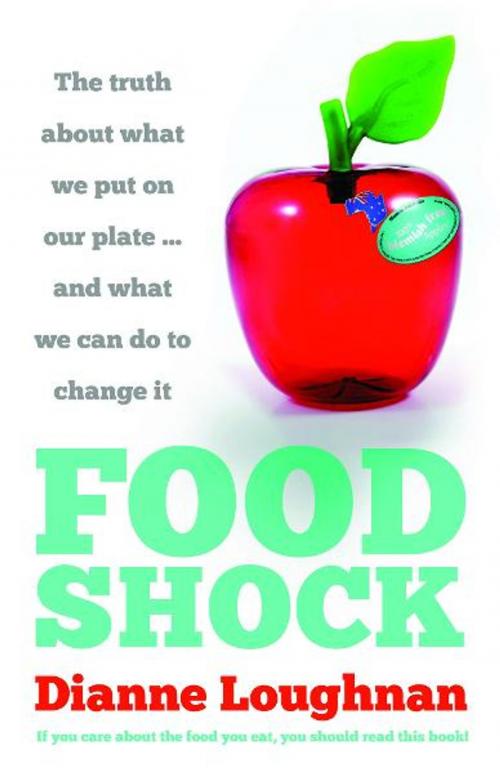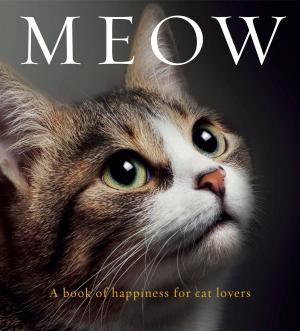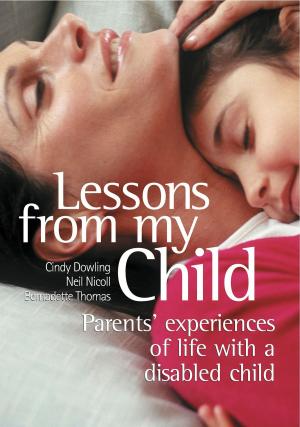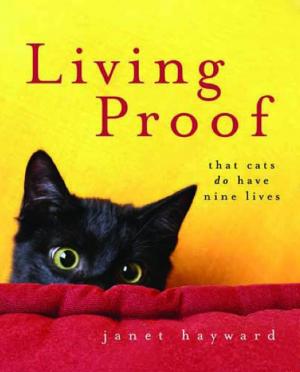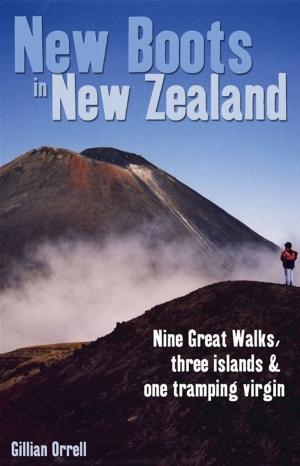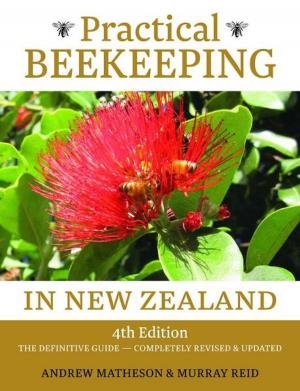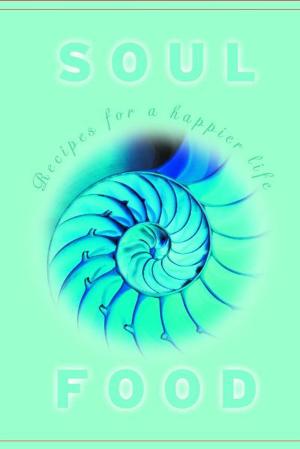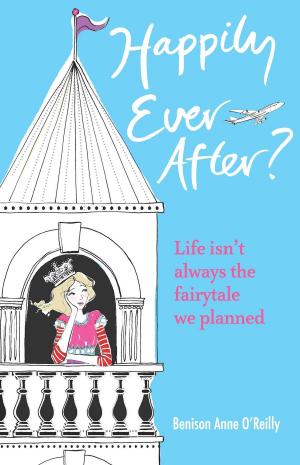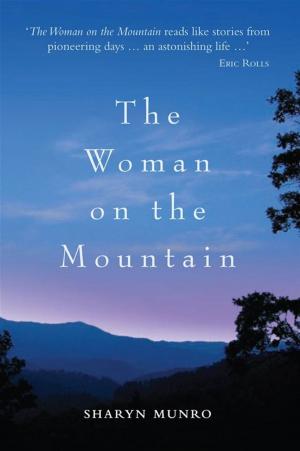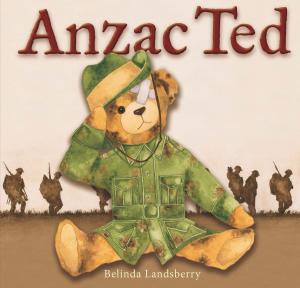Food Shock: The truth about what we put on our plate … and what we can do to change it
Nonfiction, Social & Cultural Studies, Social Science| Author: | Dianne Loughnan | ISBN: | 9781927187715 |
| Publisher: | Exisle Publishing | Publication: | October 1, 2012 |
| Imprint: | Exisle Publishing | Language: | English |
| Author: | Dianne Loughnan |
| ISBN: | 9781927187715 |
| Publisher: | Exisle Publishing |
| Publication: | October 1, 2012 |
| Imprint: | Exisle Publishing |
| Language: | English |
Everyone wants to eat fresh, clean, nutrient-rich food. The more sophisticated of us want our food ethically produced as well. But the vast majority of food in Australia is mass-produced in an industrialised system and the results are not as palatable as the everyday shopper might imagine. Our fruit and vegetables are sprayed with pesticides and herbicides, many of which have been banned overseas for years. Our beef is more often than not produced in feedlots, where thousands of cattle stand in their own faeces, regularly dosed with antibiotics to prevent the diseases that are an inevitable result of these conditions. Our chickens are spin chilled in a dilute chlorine solution to help preserve them, and also to whiten the meat. The list goes on …And if you combine all this with the as-yet-unknown effects of genetically modified crops, the growing water crisis, the continued sale of valuable farming land to foreign interests, and the constant struggle Australian farmers face to survive in a free-market economy where big business makes the profit and their overseas competitors are subsidised yet they are not, it soon becomes evident that food production in Australia faces a very uncertain future.Food Shock investigates these issues and encourages us to ask some important questions: what are the alternatives to our current system? How do we get there? And what can we, the consumer, do to change things? The answers may surprise…Dianne Loughnan is a former Queensland and NSW provincial newspaper journalist and now commercial beef producer. She has also worked for the Queensland Landcare movement and has consulted to rural industries as a public relations practitioner. She currently lives and works with her husband and two children on their cattle property near Roma in southern inland Queensland.
Everyone wants to eat fresh, clean, nutrient-rich food. The more sophisticated of us want our food ethically produced as well. But the vast majority of food in Australia is mass-produced in an industrialised system and the results are not as palatable as the everyday shopper might imagine. Our fruit and vegetables are sprayed with pesticides and herbicides, many of which have been banned overseas for years. Our beef is more often than not produced in feedlots, where thousands of cattle stand in their own faeces, regularly dosed with antibiotics to prevent the diseases that are an inevitable result of these conditions. Our chickens are spin chilled in a dilute chlorine solution to help preserve them, and also to whiten the meat. The list goes on …And if you combine all this with the as-yet-unknown effects of genetically modified crops, the growing water crisis, the continued sale of valuable farming land to foreign interests, and the constant struggle Australian farmers face to survive in a free-market economy where big business makes the profit and their overseas competitors are subsidised yet they are not, it soon becomes evident that food production in Australia faces a very uncertain future.Food Shock investigates these issues and encourages us to ask some important questions: what are the alternatives to our current system? How do we get there? And what can we, the consumer, do to change things? The answers may surprise…Dianne Loughnan is a former Queensland and NSW provincial newspaper journalist and now commercial beef producer. She has also worked for the Queensland Landcare movement and has consulted to rural industries as a public relations practitioner. She currently lives and works with her husband and two children on their cattle property near Roma in southern inland Queensland.
